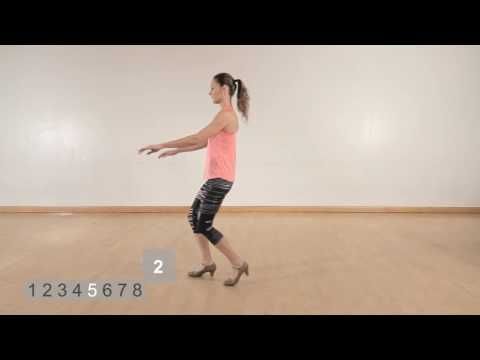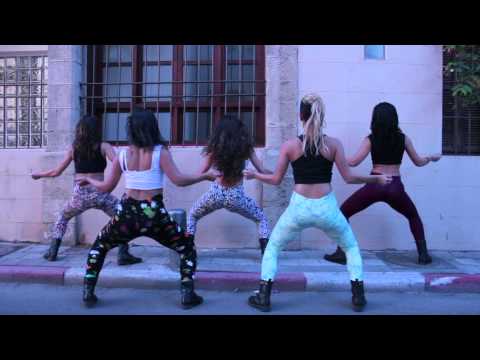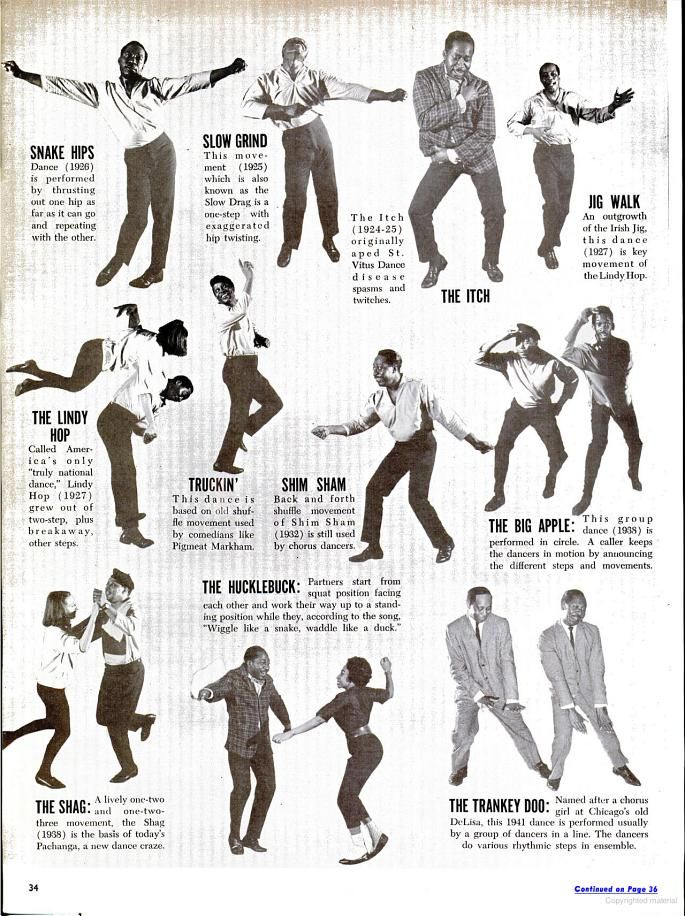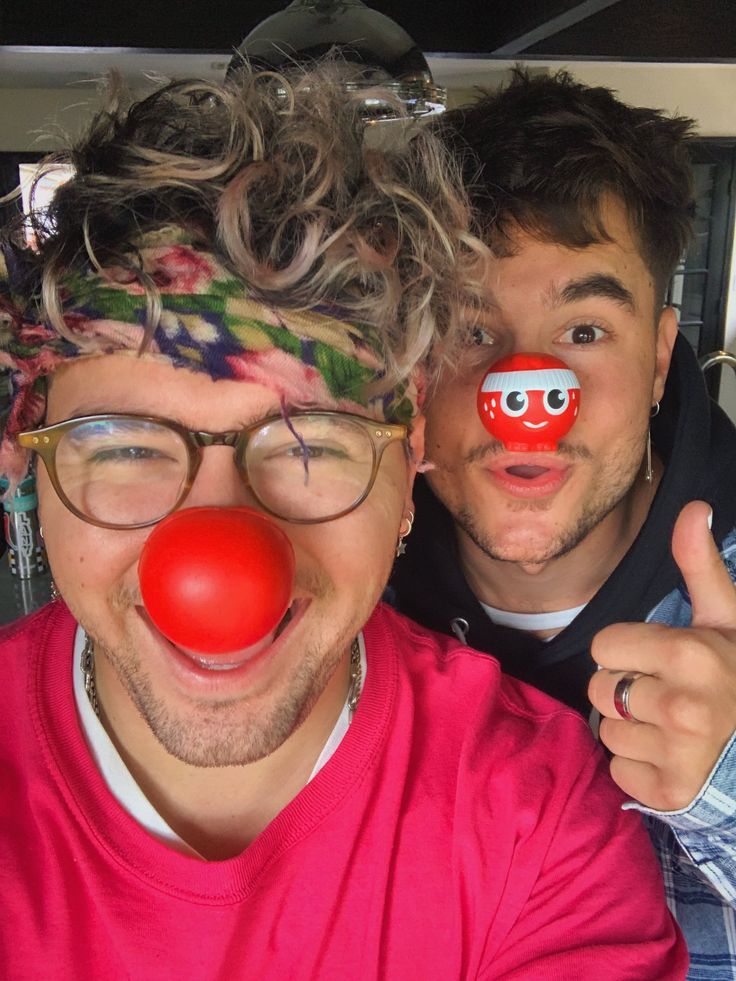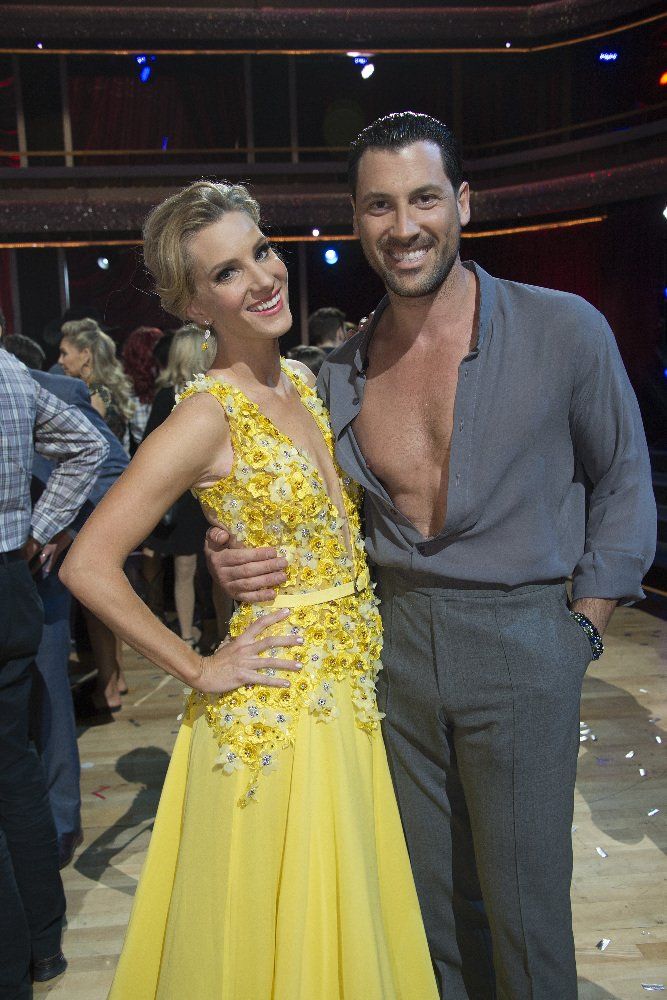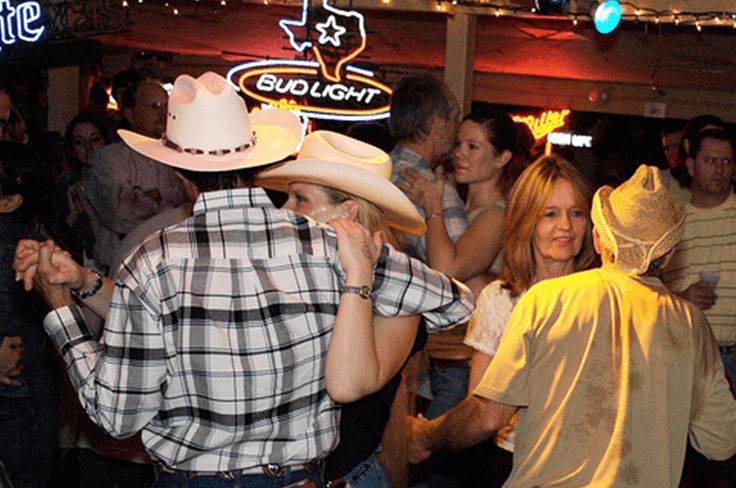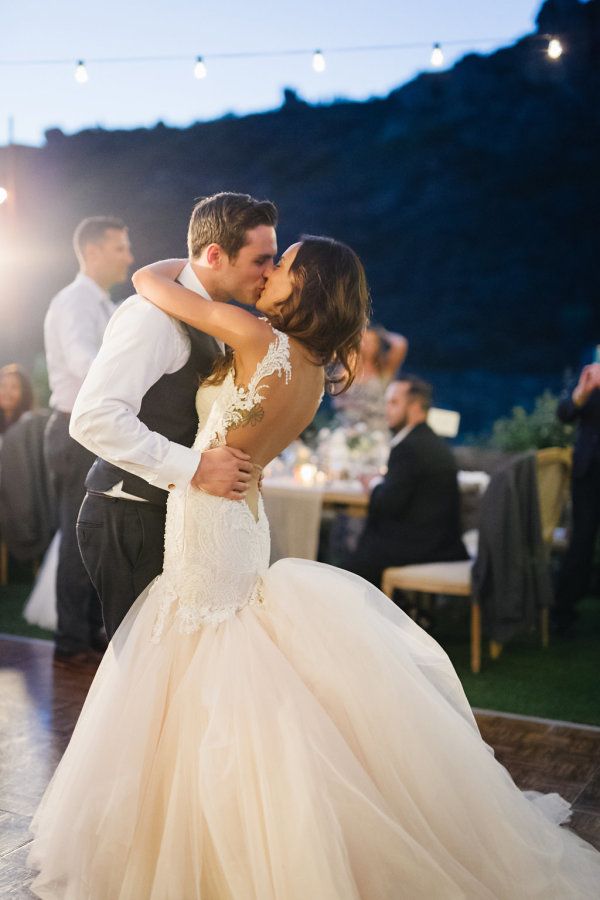How to tap dance for kids
Free & Easy Online Tap Dance Lesson for Kids – No Tap Shoes Needed! – Move Dance Learn
Do your kids love making noise with their feet? Have they asked you to take tap dance classes or even just love tapping away up the grocery aisles as you shop?
These free and easy online tap dance classes for kids can be done in any hard soled shoe. I slowly and creatively take your child through various tap steps to ensure they experience success, because lets face it trying to isolate the muscles of the feet to create something that sounds like rythmical noise is hard!
Click here to go straight to a playlist on Youtube of dance classes by Move Dance Learn. Don’t forget to subscribe to get notifications as the library is growing every week!
How old should my child be to begin tap dance lessons?
Kids can start tap dance lessons from the time they can walk – but obviously, these lessons would have to be short and modified for them to retain their attention. From the ages of 5-6 children are more aware of their bodies and are able to follow directions for long periods of time so these are great ages to begin tap. You will find the older your child is 7-10 the better they will be able to isolate the muscles and joints in their feet and ankles, but sometimes starting too late in tap can also mean there is a steep learning curve and many children quit after a term because taming their feet to create crisp, clean beats and sounds is actually harder than they thought it would be. But once over that curve, tap can become a great hobby and fitness activity well into your child’s adult life and today brings so much joy to many adults who decide to take on the dance form later in life.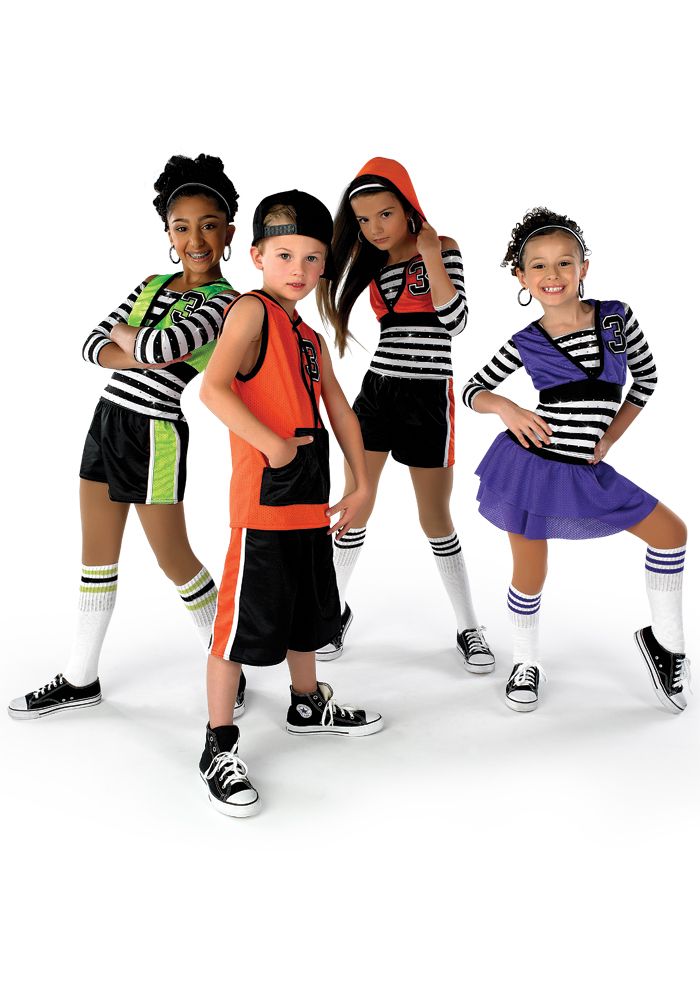
What are the benefits of learning to tap dance?
Because tap dance focuses on using the legs, it means your child will be doing a deep aerobic workout as they move these large muscle groups in their bodies. Tap dance also strengthens the ankle and feet muscles which can help them avoid ankle injuries, or at least create a strong foundation if they were to have one. Tap dance also focuses on musicality and creating rhythmical sounds with your feet similar to a musician. It is well documented how learning to play a musical instrument helps children develop their understandings of mathematical concepts and for children who are more inclined to be kinaesthetically intelligent just like in music a tap dance helps to develop mathematical concepts such as identifying patterns and nuances. Lastly, tap dance and making rythmical noise with your feet is just plain fun!
Breakdown of Tap Terms used in this lesson and helpful information:
What is a stamp in tap dance?
A stamp in tap dance is when you lift one foot off the floor and place it heavily with a flat foot back onto the floor making a stamping sound.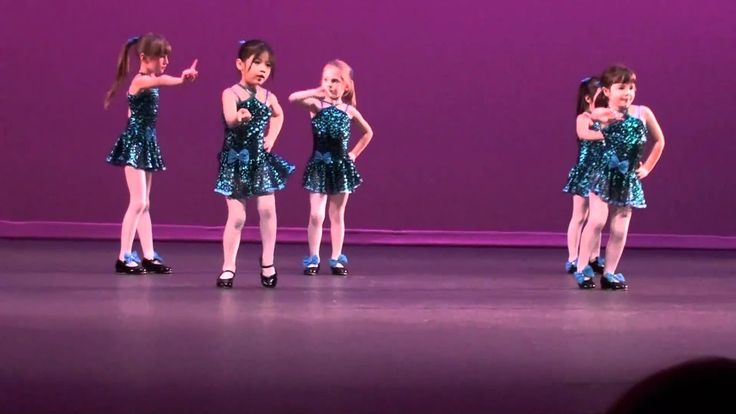 Stamps can be done with or without weight. What this means is that you can stamp from one foot to the other transferring your weight from one leg to the other or you can just stamp one leg continually bringing it back up off the floor after making the stamping sound.
Stamps can be done with or without weight. What this means is that you can stamp from one foot to the other transferring your weight from one leg to the other or you can just stamp one leg continually bringing it back up off the floor after making the stamping sound.
In this tutorial we do both stamps with and without weight and we focus on trying to control the muscles in our legs to create loud and soft stamps. Usually kids can easily show the difference between a loud and soft stamp, but it takes more control to gradually increase or decrease the volume.
What is a hit in tap dance?
When I was learning to tap dance we had to recite the following – a hit is a hitting movement of the foot on the floor. A hit can be done with the heel, ball or toe of the foot. This really isn’t all the helpful so I will explain what a hit is in more detail!
A hit in tap dance is when you lower an isolated section of your foot such as the ball, toe or heel and sharply tap the floor lift the foot or that part of the foot immediately away from the floor to create a crisp and sharp tap sound.
We focus on strengthening the muscles in our ankles during the second exercise of the tutorial where we focus on making tapping or hitting noises with our feet in as many different ways as we can.
What is a brush in tap dance?
A brush in tap dance is when you tap the ball of the foot on the floor away or towards the body in a swinging motion. Little children begin learning to do a brush by swinging their foot from the knee joint. As a tap dancer becomes more experienced they learn to do this brushing action directly from the ankle and use the knee to help pick up the foot from the floor rather than make the brushing movement.
What is a forward slap or forward flap?
A forward slap or flap in tap dance is when you do a forward brush or hit with one foot and then step transferring your weight onto the ball of that same foot. They can also be done backwards.
What is a drop in tap dance?
A drop in tap dance is similar to a hit, except you do not lift the foot off the floor after the hitting sound, rather you leave the part that hit the floor in contact with the floor.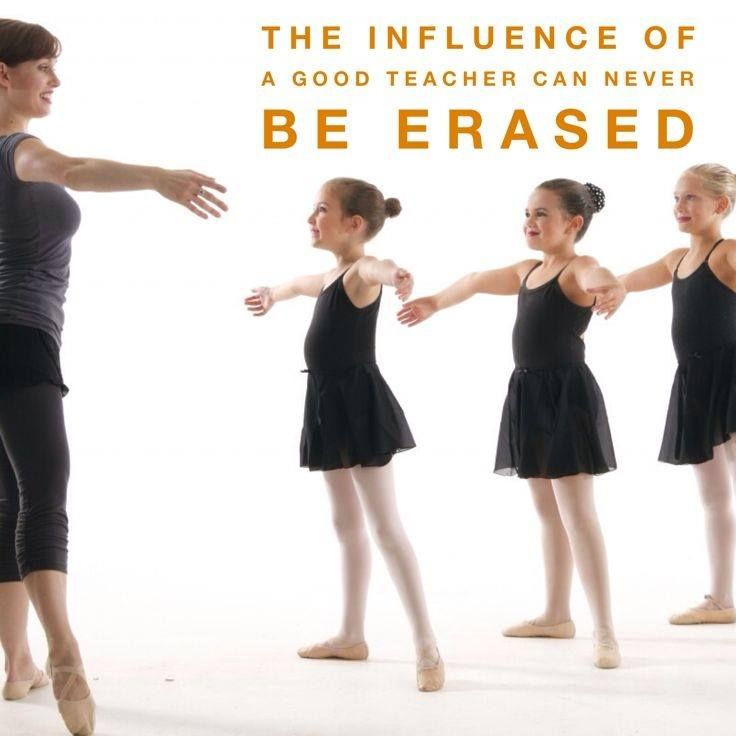 You will see why this can be handy in the next step I describe which we do during the travelling section of the tap tutorial.
You will see why this can be handy in the next step I describe which we do during the travelling section of the tap tutorial.
What is a Ball Heel (or Ball Heel Drop) in tap dance?
A ball heel or ball heel drop, in tap dance, is usually a travelling step where you lift one foot off the floor and drop your flat part of the ball of your foot onto the floor on the first count and then drop your heel of the same foot to the floor on the second count. Your would normally repeat this sequence with the other foot. You can do a ball, heel on the spot, but it is a good moving and traveling step especially for beginning tap dancers. Experienced dancers may incorporate ball heels into turns that travel from one side of the stage to the other.
LINKS TO THE SCHOOL CURRICULUM
Having been a teacher in Australia with a Bachelor of Education (Primary), I am always looking at ways to creatively teach children and regularly used dance and movement in my classroom to enforce learning of concepts and material we were learning about in different areas of the school curriculum.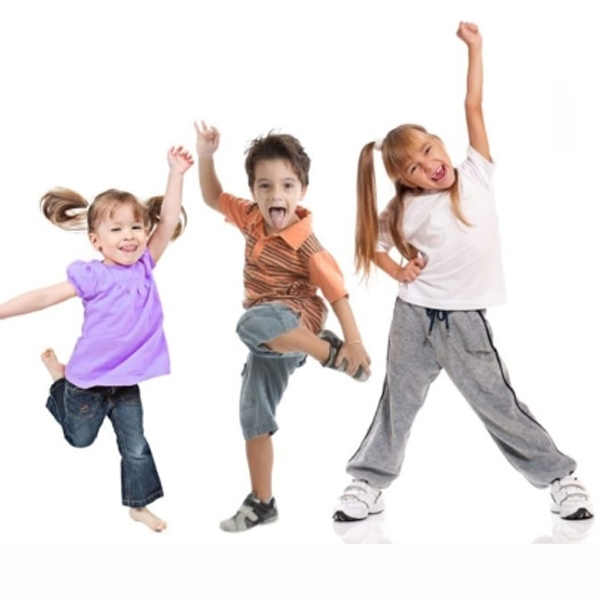
The following are some links and connections that can be made from this creative dance lesson to other areas of learning!
Mathematics or Arithmetic
- Count forwards or backward as you do ball, heels, or walking on the balls of your feet, doing hits or stamps or any other tap step or exercise.
- Count how long you can balance on one leg. To make it harder balance on the ball of the foot (raise your heel)
- Measure your height when on flat feet and on the balls of your feet and work out the difference.
- Use a tap shoe or hard-soled shoe to measure objects around the house – which ones are shorter or longer than your shoe?
- Collect Data and make graphs about tap and dance – ask your family if they like tap dance, ever took a class, have seen a tap dance performance, or know any tap steps and tally, graph or chart their answers. Analyze and make statements about your results.
- Read a book about dance that encourages numeracy and counting – you can find some in this article on Dance Parent 101
English and Literacy
- Create your own tap or dance alphabet book – you could take photos of your child doing the movements to include in the book with the letters for example H is for Hit or S is for Stamp.
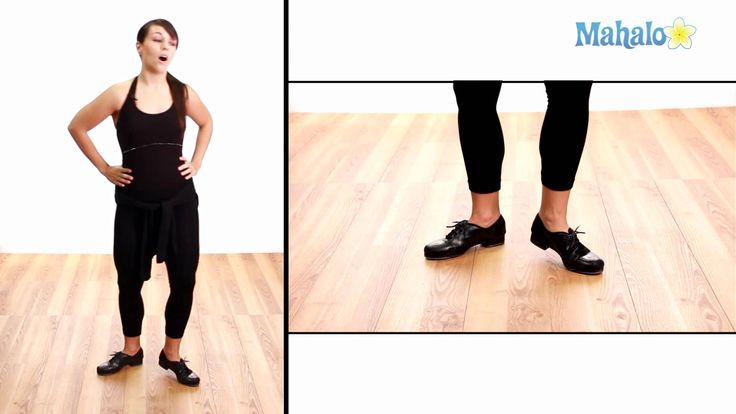
- Use Tap and dance terminology in a spelling list.
- Create handwriting tasks using tap and dance terminology.
- Create a list of adjectives to describe how we move our bodies in tap – sharp, strong, rhythmical
- Create a list of verbs to describe how we move in tap- strike, hit, slap, loud, soft, etc…
- Write or tell a Recount about doing your online tap lesson or another dance class you have taken.
- Write a narrative or fictional story about tap or dance.
- Research and then write a report about the history of tap or a famous tap dancer.
- Write an argumentative or persuasive essay to convince others about the benefits of tap dance and why they should start taking lessons.
- Read stories about dance and tap dancing.
Science
- Learn the names of the different body parts we use doing various steps in tap dance especially those in the foot and ankle.
- Study the muscles, joints, ligaments etc… and how they move when we dance.
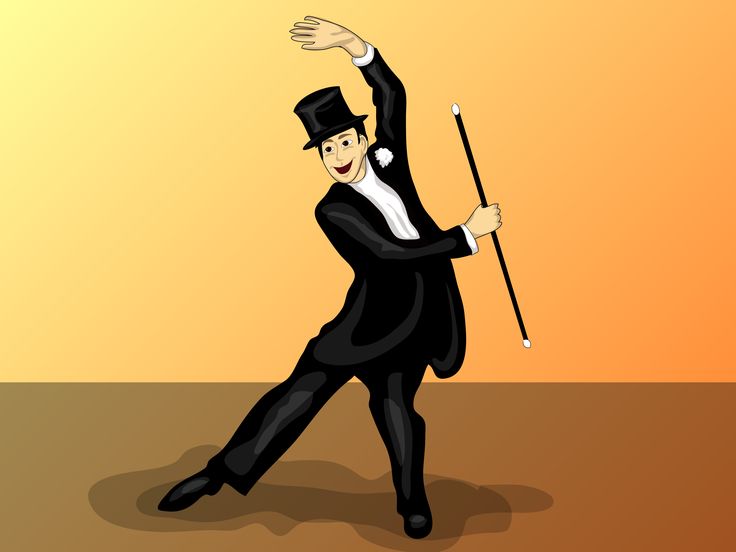
- Explore and learn about the best ways to strenghen and stretch the human body.
- Investigate forces such as push and pull and how these forces affect how our bodies move when we dance.
- Study the laws of force and friction and how these relate to making sound in tap dance.
Social Studies/History/Geography
- Explore different tap syllabuses and ways of learning and teaching tap dance.
- Study the history of tap and dance.
- Investigate maps and locations in relation to the history of tap dance or where major tap dance companies, schools, and theatres are located around the world.
- Learn about the history of dance in different cultures.
Art and Craft
For some great Dance based craft ideas head to my article on Dance Parent 101
Tweet
Recent Posts
link to 10 Best Dance Videos for Kids! (Free Online Tutorials)10 Best Dance Videos for Kids! (Free Online Tutorials)
Here at Move Dance Learn, we create dance videos for kids. We have so many to offer, but thought we would put together a list of our top ten dance tutorials for kids to make them easy for you to find...
We have so many to offer, but thought we would put together a list of our top ten dance tutorials for kids to make them easy for you to find...
Continue Reading
link to 10 Best Dance Videos for Kindergartners! (Online Tutorials)10 Best Dance Videos for Kindergartners! (Online Tutorials)
Here at Move Dance Learn, we create dance videos for toddlers, preschoolers and kindergartners. We have so many to offer, but thought we would put together a list of our top ten dance videos for...
Continue Reading
Free Tap Dance Syllabus with Videos
Spank (Brush Back, Draw, Pull) -
Spank Step (Back Flap) -
Spank Step Heel -
Spank Step Ball Change -
Shuffle -
Shuffle Step (Running Shuffle, Leap Shuffles, Jogging Shuffles) -
Shuffle Ball Change -
Buffalo -
Cramp Roll -
Irish -
Maxie Ford -
Waltz Clog -
Heel Stand -
Step Heel Turn -
Flap Heel Turn -
Slide -
OPTIONAL STEPS
Clunk -
Leap -
JUMP TO: Top 1 2 3 4 5 6 7
LEVEL 2 (essential steps in teaching order, optional in alphabetical)
ESSENTIAL STEPS
Hop Shuffle -
Shuffle Heel -
Scuff -
Double Buffalo -
Double Cramp Roll (Flap Cramp Roll) -
Double Irish (version 1) -
Irish Flap -
Double Maxie Ford -
Double Waltz Clog -
Alexander (Broadway, Shirley Temple) -
Back Essence -
Flap Heel Heel -
Bombershay Modern (Bombershe, Toe Clip)-
Drawback -
Pullback (Pull, Grab Off, Pick-
Scuffle (Dig brush, Dig Spank, Paddle) -
Scuffle Step (Paddles, Dig brush Step) -
Scuffle Step Heel (Dig Brush Toe Heel, Paddle and Roll, Paradiddle -
Scuffle Ball Change -
Buck Single Time Step -
Traditional Single Time Step -
Buffalo Turn -
Step Irish Turn -
Step Toe Hop Turn -
In and Out Pullback (Jumping Jack Pullback) -
Toe Stand -
Slap -
OPTIONAL STEPS
Bombershay Broadway (Bombershe) -
Clicks (Toe & Heel) -
Crossing Pullback -
Heel Stand Turn -
Jump Click -
Leap Heel -
Smack -
Slam -
Travel Step -
JUMP TO: Top 1 2 3 4 5 6 7
LEVEL 3 (essential steps in teaching order, optional in alphabetical)
ESSENTIAL STEPS
Shuffle Step Heel -
Double Shuffle -
Double Irish (version 2) -
Alternating Cramp Roll (Around the World Cramp Roll, Trading Cramp Roll) -
Pendulum Shuffle -
Double Scuffle -
Double Scuffle Step Heel -
Double Back Essence -
Traditional Double Time Step -
Traditional Triple Time Step -
Buck Double Time Step -
Buck Triple Time Step -
Cincinnati -
Single Pullback (One-
Trenches (Hoofer & Broadway Style) -
Riff -
3-
4-
5-
Maxie Ford Turn -
Stamp Cramp Roll Turn -
Double Pullback -
Wing -
OPTIONAL STEPS
Boomerang -
Double Flap -
Scuff Dig Ball Change -
Single Heel Stand -
Skipping Pullback -
Step Heel Heel -
JUMP TO: Top 1 2 3 4 5 6 7
LEVEL 4 (essential steps in teaching order, optional in alphabetical)
ESSENTIAL STEPS
Triple Cramp Roll (Shuffle cramp Roll) -
Irish Pullback -
Double Toe Stand -
Toe Stand Turn -
Nerve Taps -
Switching Pullback (Swapping, Alternating Pullback) -
Maxie Ford Pullback -
Double Maxie Ford Pullback -
Shuffle Pullback Ball Change -
Waltz Clog Pullback -
Double Waltz Clog Pullback -
Shuffle Pullback -
Over The Top -
Shim Sham -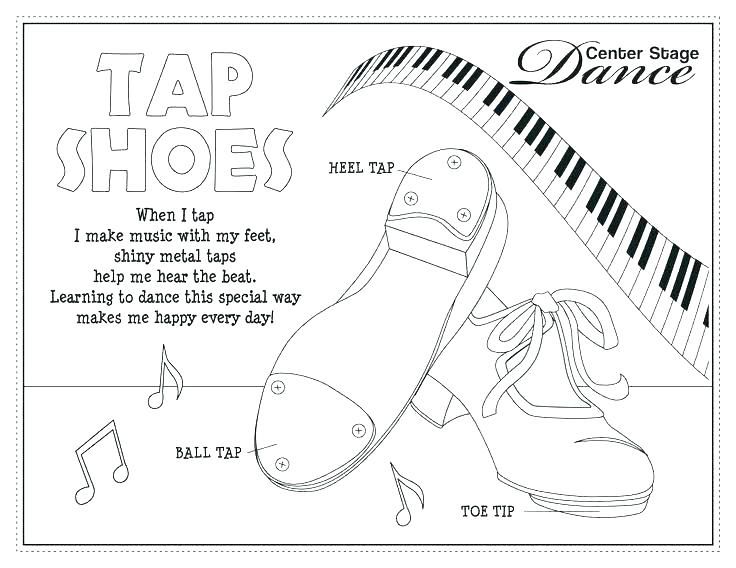 STOMP SPANKS STEP, stomp spank step STEP, stomp spank step]3 times, stamp TOE STEP HOP step hop STEP jump-
STOMP SPANKS STEP, stomp spank step STEP, stomp spank step]3 times, stamp TOE STEP HOP step hop STEP jump-
Step Riff Heel (Hop Riff Heel, Leap Riff Heel) -
Heel
6-
7-
8-
Riffle -
Riffle Step -
Hines Riff (Split Riff) -
Stamp Step Riff Heel Turn -
Stamp Step Toe Heel Turn -
Paddle Turn -
Traditional Quadruple Time Step -
Buck Quadruple Time Step -
Single Traveling Time Step -
Double Traveling Time Step -
Triple Traveling Time Step -
Quadruple Traveling Time Step -
Crossing Wing -
Single Wing (One Foot Wing) -
OPTIONAL STEPS
Backwards Cramp Roll -
Cramprolet -
Cramp Roll Time Step -
Criss Cross Cramp Roll -
Dig Slide -
Flap Step Ball Change -
Heel Grind Time Step -
Hop Scuffle -
Maxie Ford Clunk -
Penguin -
Scap -
Scuff Dig Toe -
Scuffle Dig Toe -
Scuffle Step Turn -
Single Heel Stand Turn -
Single Toe Stand (One Foot Toe Stand) -
Single Toe Stand Turn -
Spank Toe Step -
Spots -
Stamp Roll -
JUMP TO: Top 1 2 3 4 5 6 7
LEVEL 5 (essential steps in teaching order, optional in alphabetical)
ESSENTIAL STEPS
Shuffle Dig Toe -
Shuffle Toe Step -
Riffle Step Heel -
Double Buffalo Toe -
Double Flap Cramp Roll -
Triple Double Cramp Roll -
Irish Pullback Flap -
Irish Pullback Flap Heel -
Maxie Ford Toe -
Double Maxie Ford Toe -
Buffalo Pullback -
Double Heel Stand -
Shiggy Bop (Shovel, Heel Slide) -
Crossing Drawback -
Double Drawback -
Triple Drawback -
Scuff Heel Step -
Switching Pullback Toe -
Treadmill -
Pullback Toe -
Dwing -
Swing -
Twing -
Single Wing Toe -
Double Wing (Separated, Staggered, Alternating) -
Switching Wing -
Traveling Pendulum Shuffle -
Shuffle Flap -
Shuffle Toe Toe Step -
OPTIONAL STEPS
Alexander Clunk -
Backwards Wing -
Click Buffalo -
Double Cincinnati -
Drawback Heel -
Dub Dub Dig Toe -
Heelo -
Jordan Pullback -
Jumper -
Lopsided Cramp Roll -
Maddie Mill -
Radiohead -
Rod Roll -
Scuffaloeo -
Scuffle Toe Slap Heel -
Shayberbom -
Shuffle Ball Change Heel -
Spat -
Spear -
Spiel -
Toe Stand Shuffle Step -
Tori -
Twister -
JUMP TO: Top 1 2 3 4 5 6 7
LEVEL 6 (essential steps in teaching order, optional in alphabetical)
ESSENTIAL STEPS
Shuffle Dig Step Shuffle Toe Step -
Shuffle Toe Pullback Ball Change -
Double Toe Buffalo -
Double Buffalo Toe Pullback -
Riffle Cramp Roll -
Irish Shiggy Bop (Irish Shovel) -
Irish Wing -
Double Maxie Ford Toe Pullback -
Double Toe Maxie Ford -
Double Waltz Clog Toe Pullback -
Hop Riffle -
Pendulum Riffle -
Riffle Dig Toe -
Bombershay Toe -
Shuffle Pullback Heel -
Flam -
Hoofer’s Shuffle -
Shuffle Heel Step -
Double Pullback Toe -
Switching Pullback Flap -
Single Wing Heel Toe -
Switching Wing Toe -
Wing Toe -
Same Side Wing -
OPTIONAL STEPS
Annalisa's 8-
Bam Bam -
Blur -
Clapull -
Clunker -
Ditto -
Dodo -
Drawbershay -
Farmer -
Flabbergast -
Hit -
Jackhammer -
Jimmy -
Jinnyshay -
Megamines Cramp Roll -
Nicaela Quick -
Rise -
Scopper -
Scout -
Scuffit -
Scuffout -
Shay Roll -
Shuffle Heel Step Heel -
Shunk -
Skunk -
Spackle -
Squiggly Wiggly -
Steel -
Stephunky -
Sugar Bop -
Swiffle (Tessa Backdraw) -
Toto -
Tucker -
JUMP TO: Top 1 2 3 4 5 6 7
LEVEL 7 (essential steps in teaching order, optional in alphabetical)
ESSENTIAL STEPS
Hop Shuffle Hop Scuffle Hop Riffle Hop Stomp Spank -
Step Riff Brush Heel -
Toe Dig Bombershay -
Drawback Flam -
Switching Pullback Flap Heel Toe -
Treadmill Heel -
Buffalo Wing -
Maxie Ford Wing -
Double Waltz Clog Wing -
Frap -
Frap Cramp Roll (NOT flap) -
Scuffle Pullback -
Buffalo Scuffle -
switching pullback
Irish Pullback Heel Flap Heel -
Single Pullback Toe -
Irish Pullback Toe Flap -
Hot Toe -
Waltz Clog Scuffle -
Scuff Front -
Double Scuff Front -
Frapback -
Cincinnati Flam -
Joe Toe Pull -
Pullback Dig Toe -
3 Sound Pullback -
Pullback Shuffle Step -
Single Pullback Opposite Toe -
Switching Toe Pullback -
Pendulum Wing -
Scissor Wing -
Five Count Wing -
Five Count Single Wing -
Heel Flam -
Jump Flam -
OPTIONAL STEPS
Baloney -
Brittanyshay -
Broken Riff -
Clickety Clank -
Click Pullback-
Click Wing -
Drawman -
Faluffalo -
Maddalo -
Riff Raff -
Rooster -
Rorymeister -
Ruffle -
Sh-
Sloppy Joe -
Teeler -
Toe Stand Wing -
Toro -
JUMP TO: Top 1 2 3 4 5 6 7
NOTES
This tap dance syllabus is designed to give you a rough idea of what level each of these steps can be taught at. Like any syllabus, it is flexible. Some classes move very quickly and others more slowly. Also, I doubt anyone will get to each step in every level. I know I certainly don't. I try to hit the important ones and the rest are optional if I get around to them.
Like any syllabus, it is flexible. Some classes move very quickly and others more slowly. Also, I doubt anyone will get to each step in every level. I know I certainly don't. I try to hit the important ones and the rest are optional if I get around to them.
Charismatic and free dance step
Search...
In the Palace of Pioneers and Schoolchildren named after N.K. Krupskaya, admission to the creative association "School of Russian tap dancing and American tap dance (tapdance)" is announced. School-age children and adults are welcome. Classes are taught by laureates and diploma winners of the competition of humor and variety artists (Moscow), finalists of the Minute of Glory project Alexander Novikov and Lyubov Kamysheva.
The curriculum at the School is aimed at familiarizing with the art of step dance from classical performance to modern improvisation. Depending on the age and personal interest of students, different levels of mastering the program are provided: general cultural and professionally oriented.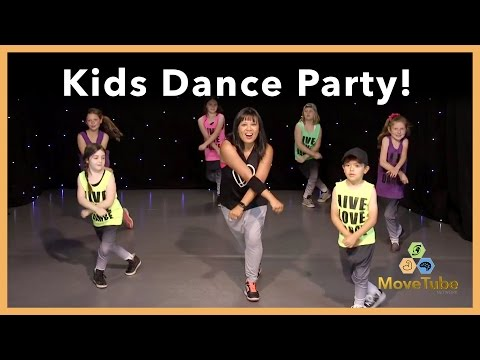 Students are supposed to participate in city and regional holidays, presentations, festivals.
Students are supposed to participate in city and regional holidays, presentations, festivals.
The program is implemented as part of paid educational services (on an extrabudgetary basis).
Interesting and important about the step
Foot dance has several names: tap dance, step, jig. Connoisseurs say that the true ancestors of tap dance are Irish jig and African dances with their characteristic syncopated rhythm, sliding and shuffling movements. Tap is a charismatic and free dance. Tap rhythms are very musical and very contagious! Hearing them, I want to jump up and tap something on my own. And this turns out to be difficult. Tapdance is quite complicated. Even simple elements are not obtained immediately. It is not enough to make the movement technically correct. You also need to do it very quickly and so that the heels clearly beat the rhythm. It will take a lot of effort to master it, but the result will pleasantly surprise you!
Tap dancers are not only dancers, but also musicians, where the musical instrument is the legs.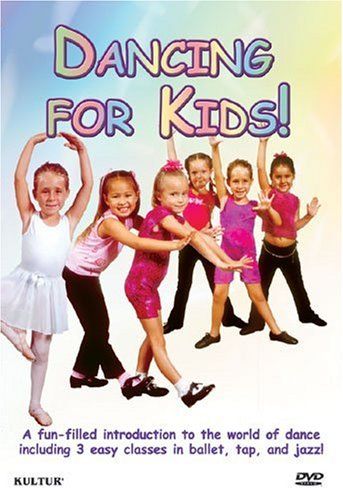 Tapdance is a way of self-expression. Like jazz musicians in improvisation, dancers tap out the rhythm that their mood, heartbeat and rhythms of life tell them.
Tapdance is a way of self-expression. Like jazz musicians in improvisation, dancers tap out the rhythm that their mood, heartbeat and rhythms of life tell them.
Step classes are useful for all dancers, regardless of direction. And not for the sake of interest or broadening my horizons, but to replenish my dance base. It can be "shifted" to any modern style: R&B or hip-hop. In tap dance, you can “play” with your feet any rhythm you like. The qualities that a tap dancer needs to have are a good sense of rhythm and coordination of movements. This develops musicality and harmonious plasticity, brings up lightness, ease, naturalness of movements. It is a great way to improve coordination, stimulate the heart and strengthen the whole body as a whole. According to the professionals of the American Center for Physical Exercise, step dancing is completely safe and does not harm the human body, and absolutely everyone, regardless of age, height, weight and physical fitness. Therefore, we can say with confidence that everyone can enjoy tap dancing, enjoy every moment of the dance and not be afraid of unpleasant consequences.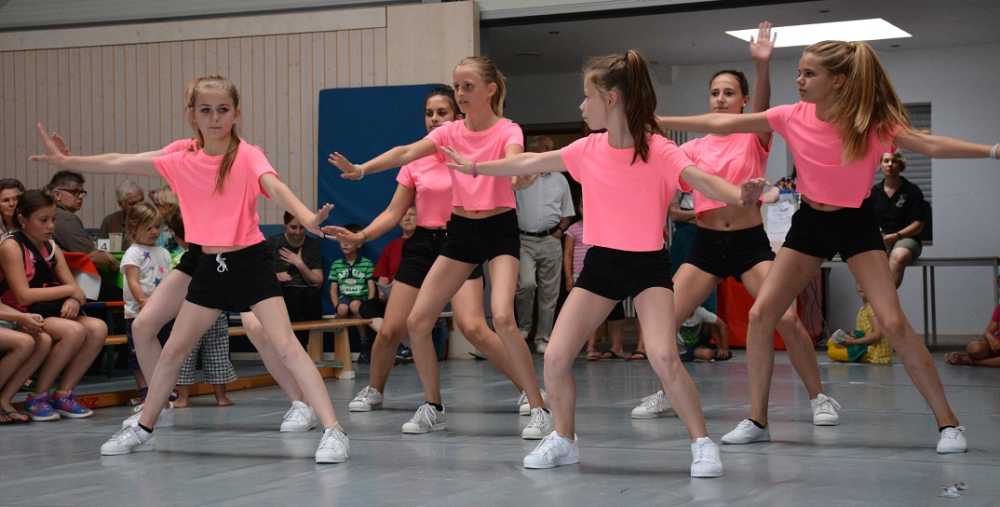 Tap dancing is an excellent workout that develops a sense of balance and the ability to keep the balance of the body, control your own movements. And it is also a good option for a cardio warm-up, an alternative to aerobics, a treadmill or an exercise bike. So tap dancing can also be recommended to those who want to lose weight and at the same time get a considerable charge of positive emotions. After all, unlike running on a track and regular aerobics, step is not only useful, but also fun and interesting!
Tap dancing is an excellent workout that develops a sense of balance and the ability to keep the balance of the body, control your own movements. And it is also a good option for a cardio warm-up, an alternative to aerobics, a treadmill or an exercise bike. So tap dancing can also be recommended to those who want to lose weight and at the same time get a considerable charge of positive emotions. After all, unlike running on a track and regular aerobics, step is not only useful, but also fun and interesting!
If you have any questions, please contact the teacher Lyubov Aleksandrovna Kamysheva
(contact tel. 89049705960)
Other items in this category: « From talent development to success Schoolchildren were told about their rights »
Top
Last comments
Top
Sport Irish step. Classes in Nizhny Novgorod
Irish solo dances in hard shoes (eng. hardshoe dances, hard) is one of the directions in sports Irish dances. The world famous Irish step (tap dance), without which no Irish dance show can do.
hardshoe dances, hard) is one of the directions in sports Irish dances. The world famous Irish step (tap dance), without which no Irish dance show can do.
Tap - spectacular dance and music
This style of Irish dance became popular thanks to the world-famous dance shows Riverdance and Lord of the Dance. Hard is one of the most complex and spectacular varieties of tap dance, in which the dancer not only plastically realizes the sounding music, but also directly participates in the creation of its rhythm and melody. Hard is performed in shoes with sonorous heels and heels made of special materials.
Irish step training in Nizhny Novgorod
Real Irish step in Nizhny Novgorod will be taught at the Kelty School. Kelty provides training in all areas of sports Irish dances. Traditionally, novice dancers first master the basics of sports dancing in soft shoes, and only when their legs are strong enough, they begin to learn technically more complex dances in hard shoes (in stepovkas).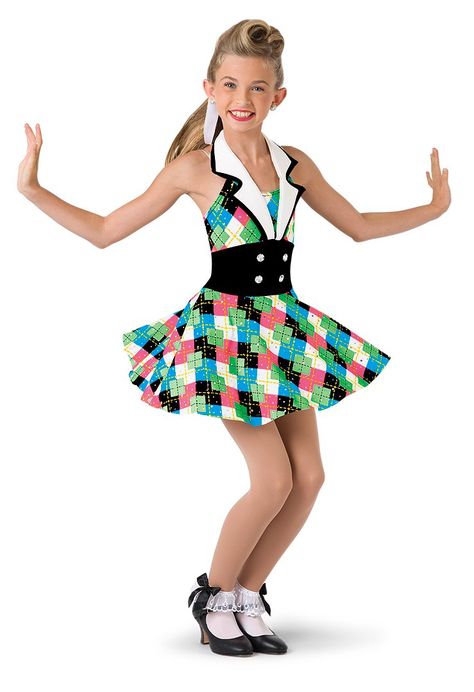 Dancers with a good dance or athletic background and a strong desire to learn Irish step can take up hard almost immediately, combining training with soft shoes.
Dancers with a good dance or athletic background and a strong desire to learn Irish step can take up hard almost immediately, combining training with soft shoes.
Classical Irish Hard Shoe Dances are danced to tunes and time signatures such as
- jig (jig),
- reel,
- hornpipe (hornpipe),
- various traditional sets.
In competition, it's classical Irish music. Kelty's dance performances also use any type of contemporary music.
Sports step for children and adults
Solo dances in hard shoes are successfully practiced by dancers of various ages: from children 6-7 years old to their grandparents. All dancers have different physical abilities. But according to our experience, after a year of hard training, every dancer can adequately perform at international Irish dance competitions in Moscow, St. Petersburg and many other cities. For several times official competitions in Irish dancing have been held in Nizhny Novgorod.